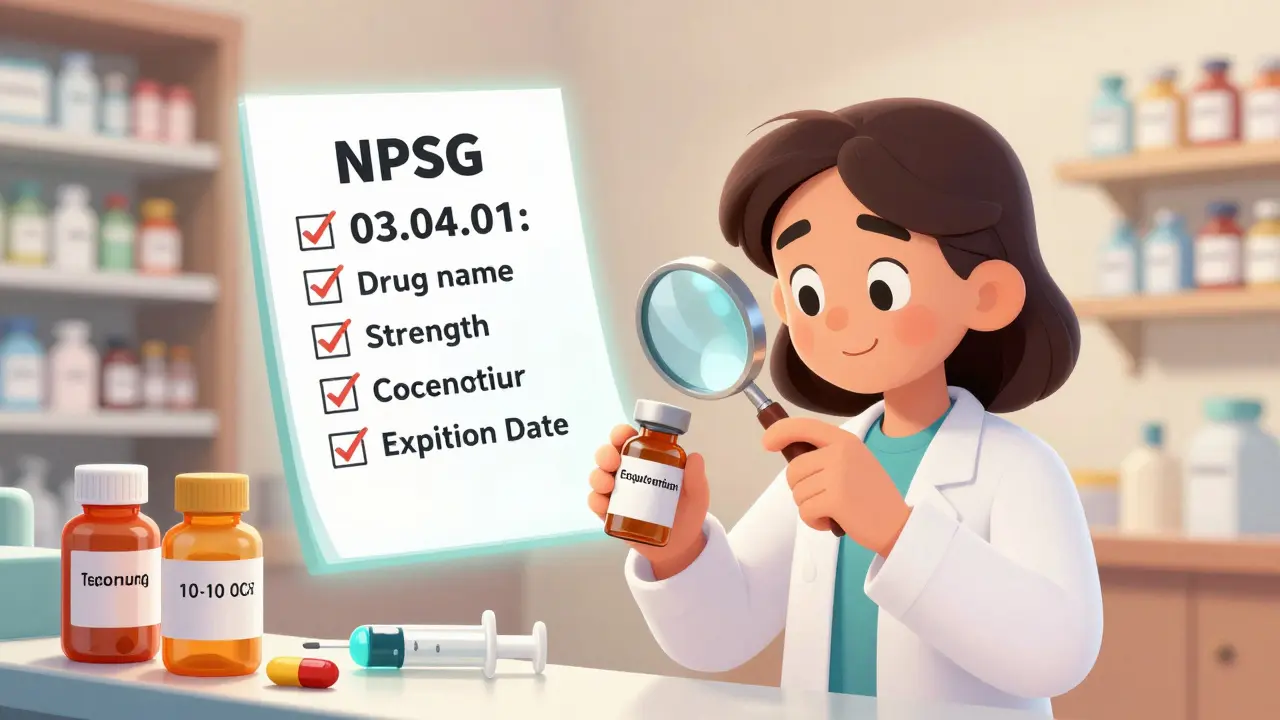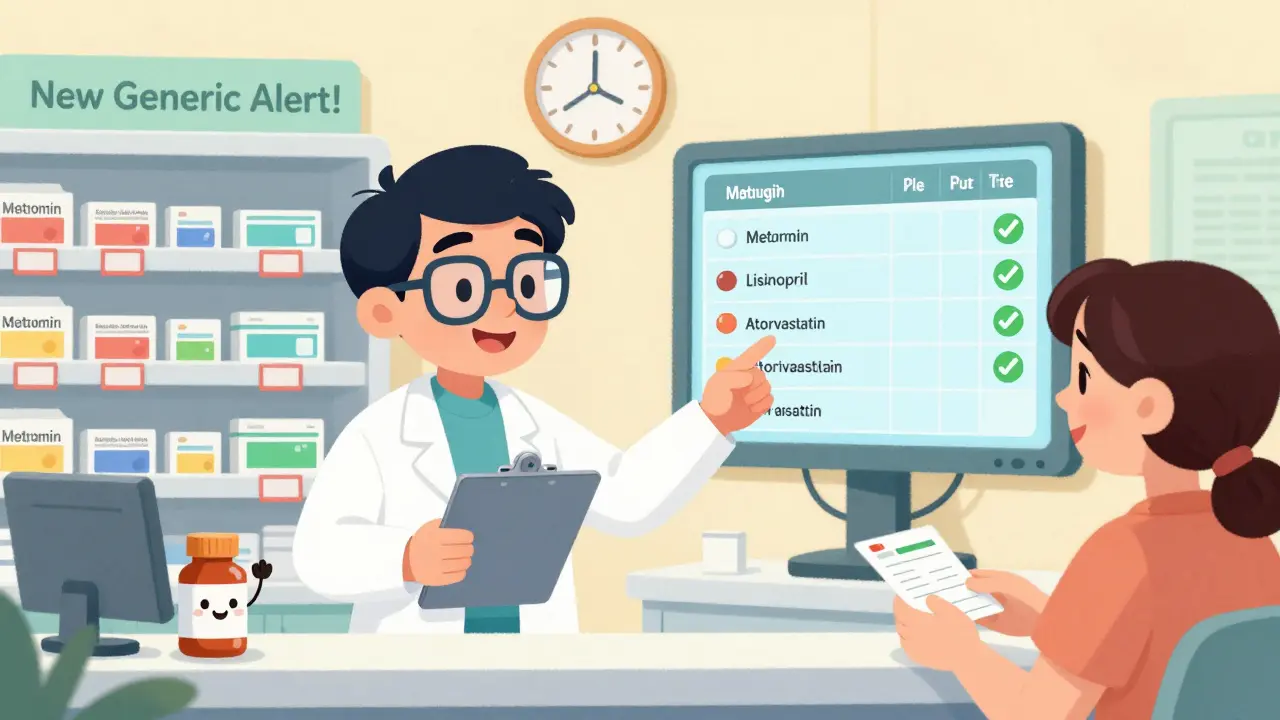Medications: Quick Guides, Alternatives & Patient Tips
Tired of long, confusing drug pages? This Medications hub gives short, practical answers about common medicines, safer alternatives, and real-life tips you can use today. You’ll find plain-English guides on switching drugs, managing side effects, and handling tricky conditions like infections, ulcers, depression, ED, liver disease, and more.
Each post focuses on one clear question: What works? What are the risks? How do I talk to my doctor about it? We cover prescription alternatives (like other antivirals or antidepressants), natural options people ask about, and patient-focused topics such as bladder control after stroke or managing Duchenne with steroids. Expect pros and cons, dosing basics, and things to watch for.
How to pick a medication alternative
Start by naming the exact problem you’re trying to fix—pain, infection, mood, bladder control, or swelling. Next, decide why you want a change: side effects, cost, or poor response. That makes it easier to compare options. For example, if Flagyl causes nausea you’ll find both prescription swaps and natural antibacterials discussed. If Bupropion isn’t working, the guides list five alternatives and explain how each affects mood and energy.
Compare these key factors: how well the drug treats your condition, common side effects, how it interacts with other meds you take, and how it’s dosed. Don’t skip insurance or price checks—some alternatives cost a lot less. When reading our posts, look for sections on safety and monitoring so you know what to expect in the first weeks after switching.
Safety tips & when to see a doctor
Buying medicine online? Be careful. For drugs like Stromectol (ivermectin), use licensed pharmacies that require a prescription and show clear contact info. Avoid sites that offer powerful meds with no prescription—those are often unsafe or fake. If a change causes rash, breathing trouble, severe fatigue, or worsening infection, stop the drug and get medical help right away.
Some meds need monitoring: torsemide for fluid when you have liver disease, corticosteroids for inflammatory conditions, and certain antivirals for kidney or liver issues. Our articles tell you which lab tests or follow-ups to ask your provider about. For caregivers, posts on flavoxate and bladder control or deflazacort for Duchenne give practical tips you can try at home and what to report to clinicians.
Want a quick start? Use the search on this page for the medicine name or condition, read the short pros/cons list, and print the questions to bring to your next appointment. If you don’t find what you need, try a related topic—many drugs share similar trade-offs, and our guides make those trade-offs easy to spot.










